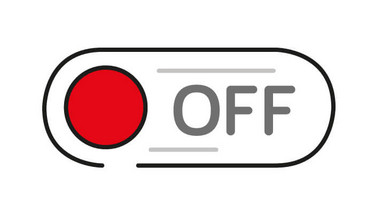Where's the Off Switch?!
Researchers seek a way to inactivate CAR-T cells in case of adverse effects

As part of a Ludwig Cancer Research study, a team has devised a “STOP-CAR-T” system that reversibly inactivates CAR-T cells via small molecules. The approach is intended to dampen the effects of CAR-T cell therapy when adverse reactions occur in patients. Although CAR-T therapies have been praised for their success, they can sometimes elicit cytokine release syndrome. To build STOP-CAR-T, the researchers attached the CD3-zeta activation domain to one molecule and the antigen-detecting portion to another. They also added to each chain the interacting domains of two unrelated proteins that spontaneously pair up inside the cell. This allows them to function as a single unit; however, the binding can be disrupted by systemically administered small molecules. So far, the system has only been tested in cell cultures and in mice.
- G Giordano-Attianese et al., Nature Biotechnology (2020).

Making great scientific magazines isn’t just about delivering knowledge and high quality content; it’s also about packaging these in the right words to ensure that someone is truly inspired by a topic. My passion is ensuring that our authors’ expertise is presented as a seamless and enjoyable reading experience, whether in print, in digital or on social media. I’ve spent fourteen years writing and editing features for scientific and manufacturing publications, and in making this content engaging and accessible without sacrificing its scientific integrity. There is nothing better than a magazine with great content that feels great to read.



















